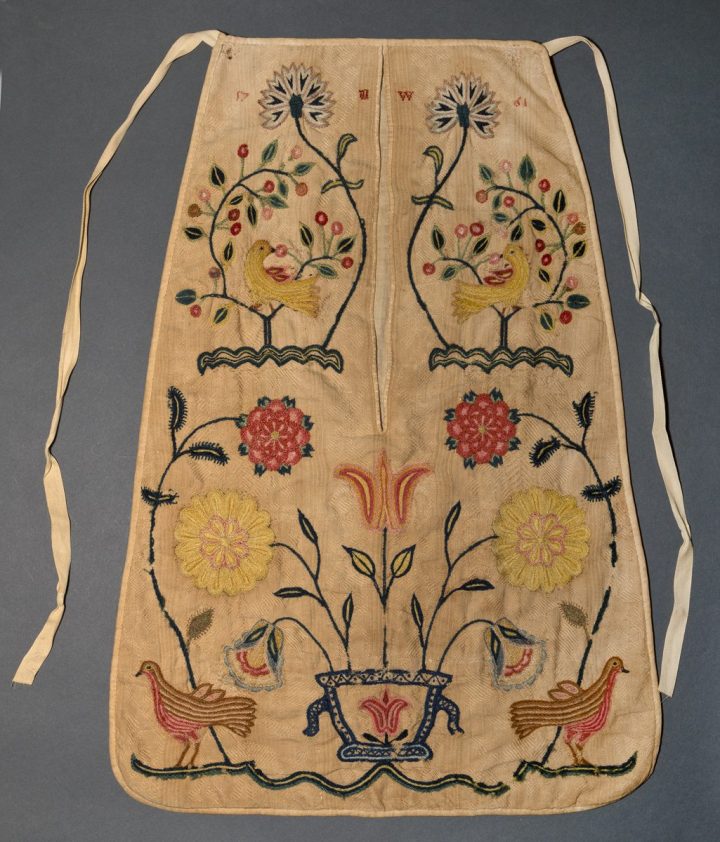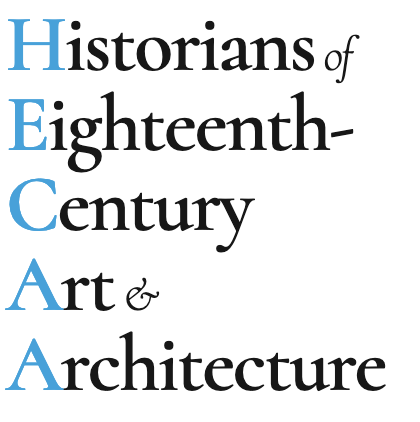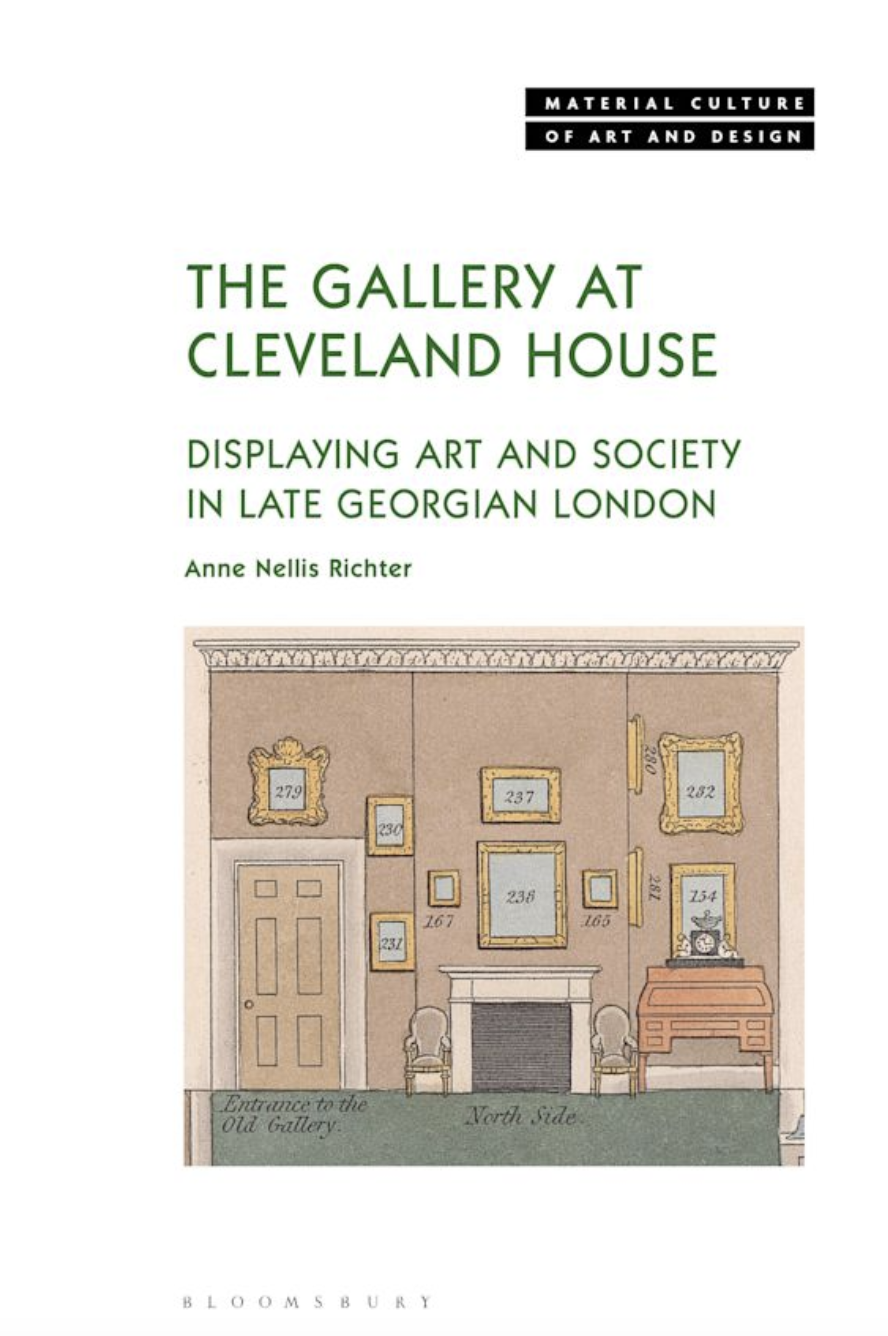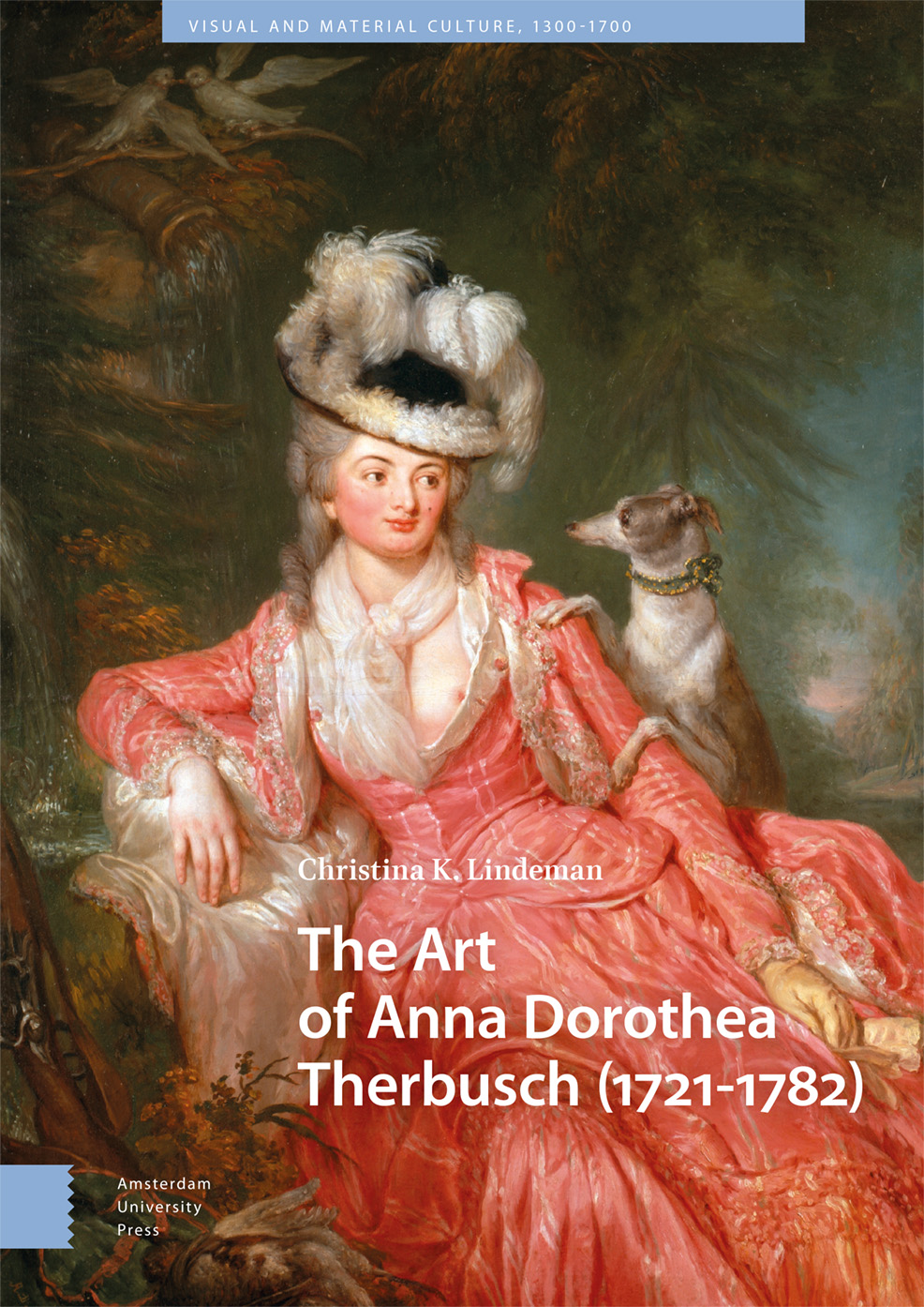Call for Papers | Textiles in Early Modern Venice
From ArtHist.net:
Venice: Trade, Production, Consumption of Textiles and Dress in the Early Modern Period
Dressing the Early Modern Network Conference
Centro Tedesco di Studi Veneziani, Venice, 28–29 May 2025
Organised by Jola Pellumbi, Sara van Dijk, and Torsten Korte
Proposals due by 30 September 2024
Venice in the early modern period flourished as a centre of textile production and trade, shaping and fostering global networks of connections that directly impacted dress in Europe and elsewhere. Due to Venice’s impenetrable location, its proximity to the centre of Europe, and a long-standing tradition of merchants and seafarers, Venice had positioned itself as a principal gateway between Europe and the East. Whether it was through the importation of luxury goods such as textiles and carpets, exports of beauty products and perfumes, or exchanges of ambassadorial gifts, Venice aided in the dissemination and infiltration of ideas, styles, and designs between Europe and the East. Furthermore, due to the flourishing art production and the thriving printing press in sixteenth-century Venice, textile patterns and dress styles were able to spread throughout Europe and the rest of Venice’s trading posts around the world influencing fashions, designs, methods of production, and patterns of consumption. Apart from the unaffected patrician government attire, infiltrations of new styles were particularly noticeable in Venice itself, throughout Carnival festivities, dogal and ambassadorial processions, operas and theatres, gambling dens, and in everyday life where both spaces and bodies were adorned. This conference aims to generate a discussion about the role of Venice as a centre of a global network of connections as seen through its trade, production, and consumption of textiles and dress as well as carpets, haberdashery, beauty products, perfumes, dyes, feathers, jewellery and design.
The conference is open to all, but we particularly welcome submissions from PhD candidates and early career researchers who are invited to speak about the topic with reference to their current or previous projects. We invite potential speakers to submit the following as a single document to the Dressing the Early Modern Network at info@dressingtheearlymodern.com: 1) a paper title; 2) a 300-word paper abstract, which should include the main question of the research project; 3) a short written biography (150 words max); 4) institutional affiliations; 5) subject of PhD thesis and (expected) date of completion; and 6) contact information. Each speaker will be allotted twenty minutes. The deadline for submissions is 30 September 2024. Notification of the outcome will be advised by email before 31 October 2024.
Organised by Jola Pellumbi, Sara van Dijk, and Torsten Korte, Dressing the Early Modern Network, in collaboration with Centro Tedesco di Studi Veneziani.
Call for Papers | The Art of Embroidery
From ArtHist.net:
The Art of Embroidery: History, Tradition, and New Horizons
University of Murcia / Lorca, 27–30 November 2024
Proposals due by 31 August 2024
Organized by the Lorca City Council and the Research Group Sumptuary Arts of the History of Art Department, University of Murcia
This congress aims to create a space to present and discuss the results of the most recent studies on the history of embroidery in its broadest dimension, without prioritizing specific cultural, artistic, or chronological areas, but encompassing all aspects that such an ancient art as embroidery entails. Languages for communications: Spanish, Portuguese, Italian, English, and French
Those interested in participating in the congress by presenting a communication must adhere to any of the themes that the scientific committee has established following the following descriptors:
Spanish embroidery history. European embroidery history. Ibero-American embroidery history. Geographies and circulation. Temporal connections. Spatial connections. Material connections. Formal connections. Technical connections. Relationships and exchanges. Aesthetic relationships. Uses and functions. Identities. Dating. Survivals. Typologies. Definition of centers, workshops, studios, schools, masters, etc. Flow of artists. Transmission of teaching. Craft and guilds. Techniques and designs. Patronage and sponsorship. Cultural histories surrounding embroidery. Religious contexts. Civil contexts. Provenances. Religious image embroidery. Civil and military embroidery. Rituals and symbolic practices. Liturgies and ceremonies. Cataloging and conservation. Theory, methodology, and historiography. Authorship and attributions. Decorations and ornamentations. Museums and collections. Restoration and conservation. Documentary findings. Research sources. Copies and fakes. Art market and trade. New challenges and approaches.
People interested in submitting a paper for its oral presentation should send their proposals by 31 August 2024 to Manuel Pérez Sánchez at congresobordadolorca@um.es. Questions are also welcome at the same address.
Proposals should include the following items
• Title of the proposal
• Brief summary of the proposal and justification (500 words maximum)
• Brief curriculum vitae (300 words maximum)
• Name(s) of the author(s)
• Institutional affiliation
• Email address
• Postal address
• Telephone number
Accepted papers will be announced 13 September 2024, when the registration period will begin (until 11 November).
Important Notes
• The papers submitted will have a maximum of three authors, must be original, unpublished, and not being considered for publication in any other medium for the dissemination of knowledge.
• Papers whose authors are not registered cannot be presented.
• One registration fee will be paid per author and paper.
• Priority will be given to those papers that provide a real advance in knowledge of the history of art and heritage in the lines of work proposed.
• The oral presentation of the paper will not exceed 15 minutes.
• The acceptance or rejection of the paper will be communicated on the given date to the authors via email
• The University of Murcia will issue certification of the papers only to those who have presented them orally at the congress.
Registration fees are as follows
• 20€ for standard presenters
• 10€ reduced fee for presenters: CEHA members, under 25, unemployed, and people with disabilities
• 5€ for non-presenting attendees
Online Talk | Hannah Carlson on Pockets and Gender
As noted at Events in the Field, maintained by The Decorative Arts Trust:
Hannah Carlson | Objects Up Close: Gendering Pockets and Purses
Online, Winterthur Museum, Garden & Library, 10 July 2024, 10.30am EDT

Pocket (Lady’s pocket), United States, 1780–1840, linen, wool, and silk (woven, embroidered, crewelwork), 56 × 39 cm (Winterthur, 1966.1126).
Explore the fascinating history of women’s and men’s pockets in this virtual lecture featuring a tie-on pocket in Winterthur’s collection. Through the 18th century, women used the tie-on pocket, an accessory worn under the skirt and wrapped around the waist. Men had pockets integrally stitched into the three-piece suit. Hannah Carlson, Winterthur summer research fellow and senior lecturer in the apparel design department at the Rhode Island School of Design, will explore the ‘pocket question’ and politics of individual preparedness and privacy.
Register for this free event here»
Hannah Carlson teaches dress history and material culture at the Rhode Island School of Design. After training as a conservator of costume and textiles at the Fashion Institute of Technology, she received a PhD in material culture from Boston University. She is the author of Pockets: An Intimate History of How We Keep Things Close (Algonquin Books, 2023).



















leave a comment